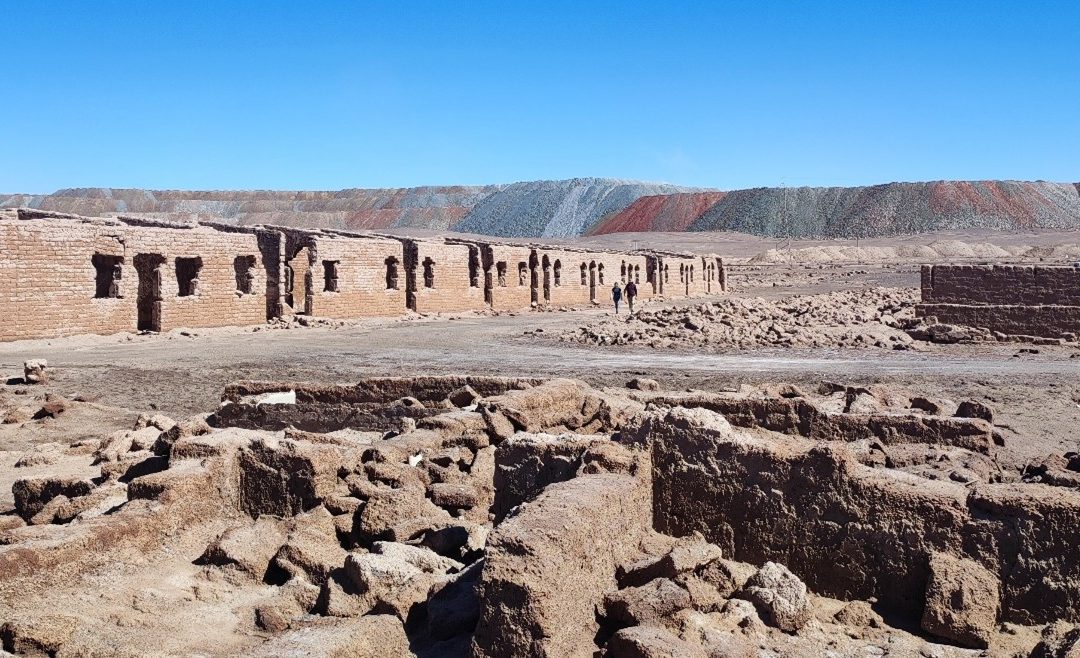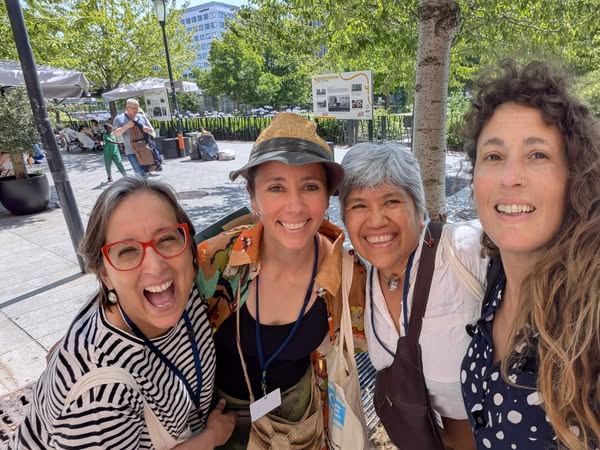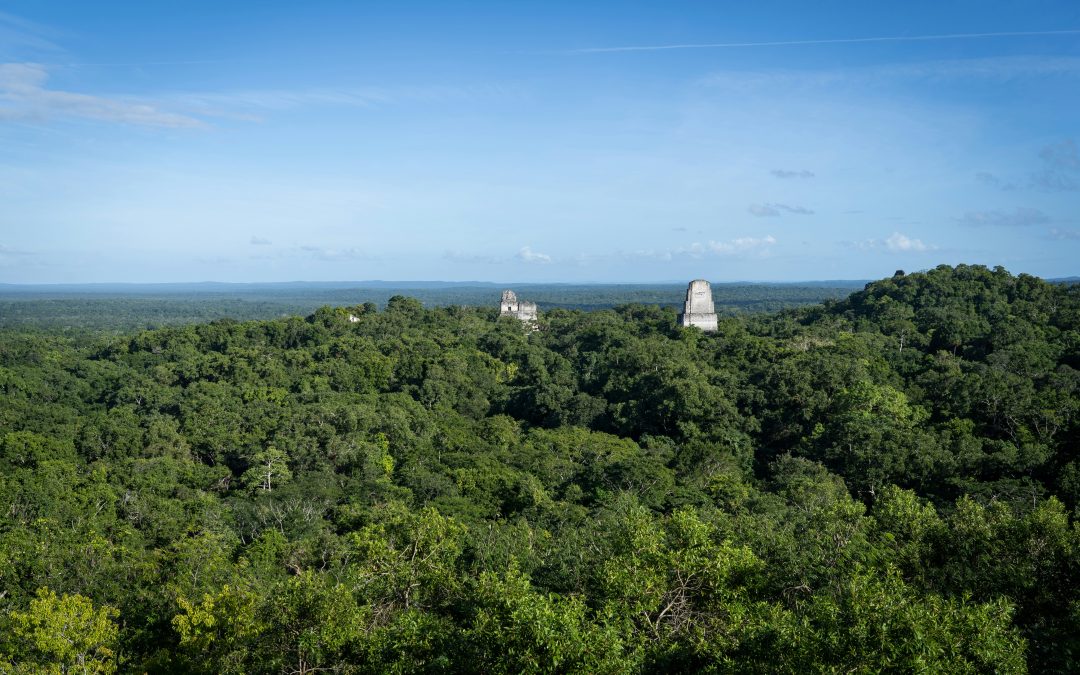
Silence, Dust and Oblivion: Reflections on Extractive Legacies from the Atacama Desert
Remains of the Pampa Lina saltpetre offices (foreground) beside modern mining waste (background). Photo: Esteban Valle Riestra
By Esteban Valle Riestra, Postgraduate researcher, GDI

Call for Papers: Conference on the Future of Development Economics
December 11-12, 2025, University of Manchester, UK.
With support from The University of Manchester’s Global Development Institute Journal of Development Studies Conference Fund
Keynote speakers: Ravi Kanbur (Professor of Economics, Cornell University) and Anandi Mani (Professor of Behavioural Economics and Public Policy, University of Oxford).

Call for Papers – ‘(Re-)establishing Political Economy in Development Studies’
An Early Career-led and focused workshop from the PhD ‘Political Economy of Development’ working group.
Funded by the European Association of Development Research and Training Institutes (EADI) and the Development Studies Association (DSA), linked to the joint EADI/DSA Politics and Political Economy of Economic Transformation Working Group.

Being a migrant: embodied experiences and bodily strategies
by Tanja Bastia, Erika Busse, Verónica Montes, and Andrea Souto Garcia
At the 25th IMISCOE conference, the largest migration conference in Europe, recently held in Paris, we (the authors) took the opportunity to meet and discuss our respective research experiences, using the migrant body as an entry point to guide our discussion.

“I’m a ‘privileged’ researcher from a Global North university”: When reflexivity becomes performative (and why that matters)
by Anuradha Ganapathy, Global Development Institute, University of Manchester
“Development” as a concept and field of study is far from being free of its colonial, patriarchal, and hierarchical legacies. In this context, questions of who researches and who is being researched need to be constantly examined and scrutinised. For many of us in development studies who undertake fieldwork as part of our research, these are not abstract questions of a technical nature. They form the substance of the research process – starting from the nature of questions that are asked, through data collection, analysis and writing, to how findings are received. They require us to pay attention to our own positionalities, i.e., markers of our identity – be it gender, class, race, and geography – and address how they affect our views of the field, and how the field reacts to our presence – a process we have come to understand as reflexivity.

Participate in our upcoming communities of practice
This year, GDI’s Natalie Cunningham (Senior Lecturer in Leadership for Development) will be running a series of communities of practice (CoPs) designed to support development practitioners (and those interested in pursuing a career in development) in building their resilience during an especially turbulent time around the globe.

Affordable Housing, Financialization and Urban Statecraft
A lecture by Tom Gillespie at Cornell AAP explores the scale of the 21st-century urban housing challenge.

Introducing JEOC: why Earth Observation, why Conservation, why Justice?
By Rose Pritchard and Timothy Foster
The Just Earth Observation for Conservation (JEOC) project explores how Earth Observation technologies and data are changing biodiversity conservation and what this means for people living in or near protected areas. We work in four sites around the world (in Guatemala, Kenya, Spain and the UK), as well as engaging with EO data producers and analysts. This blog provides a brief outline of why we believe researching this EO/conservation/social justice nexus to be so important.

Could moss preservation mitigate the effects of climate change in Africa?
By Rabiatu Adamu Saleh, Master’s student in Global Development (Environment and Climate Change)
African cities are dealing with the dual issues of climate change and urban heat islands (UHI), leading to increased interest in innovative nature-based solutions (NbS). Moss preservation and restoration have been suggested as viable techniques for urban cooling and climate mitigation. Due to moss’s inherent capacity to insulate, retain moisture, and promote biodiversity, several scientists propose that preserving current moss ecosystems or introducing moss in urban settings may aid in alleviating heat and diminishing greenhouse gas (GHG) emissions. A thorough evaluation is important to ascertain if moss preservation may serve as a feasible, scalable, and successful option for Africa’s distinct urban environments.

Reflections on Embedded Research, Transformation & Impact
By Dr Helen Underhill
